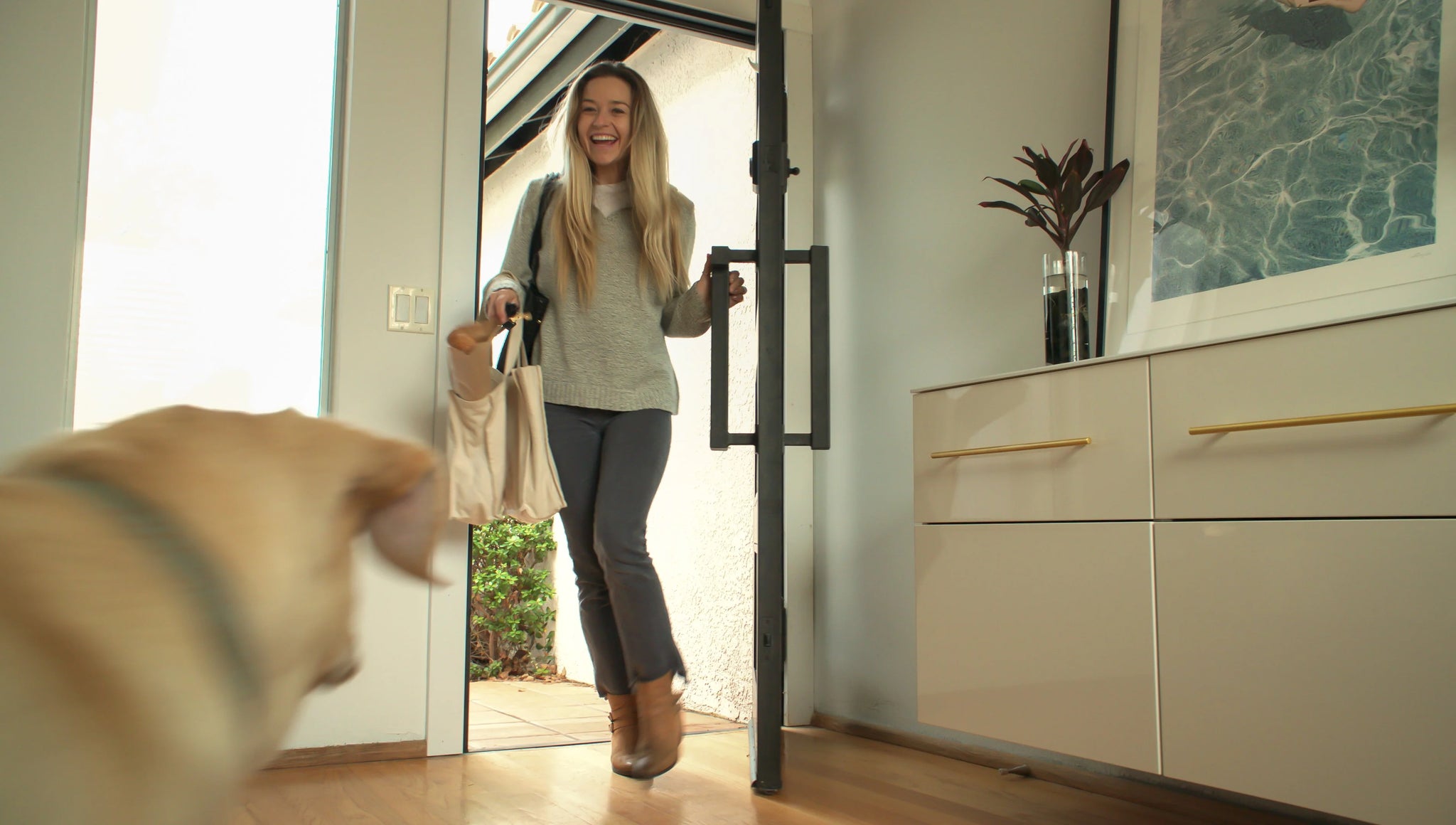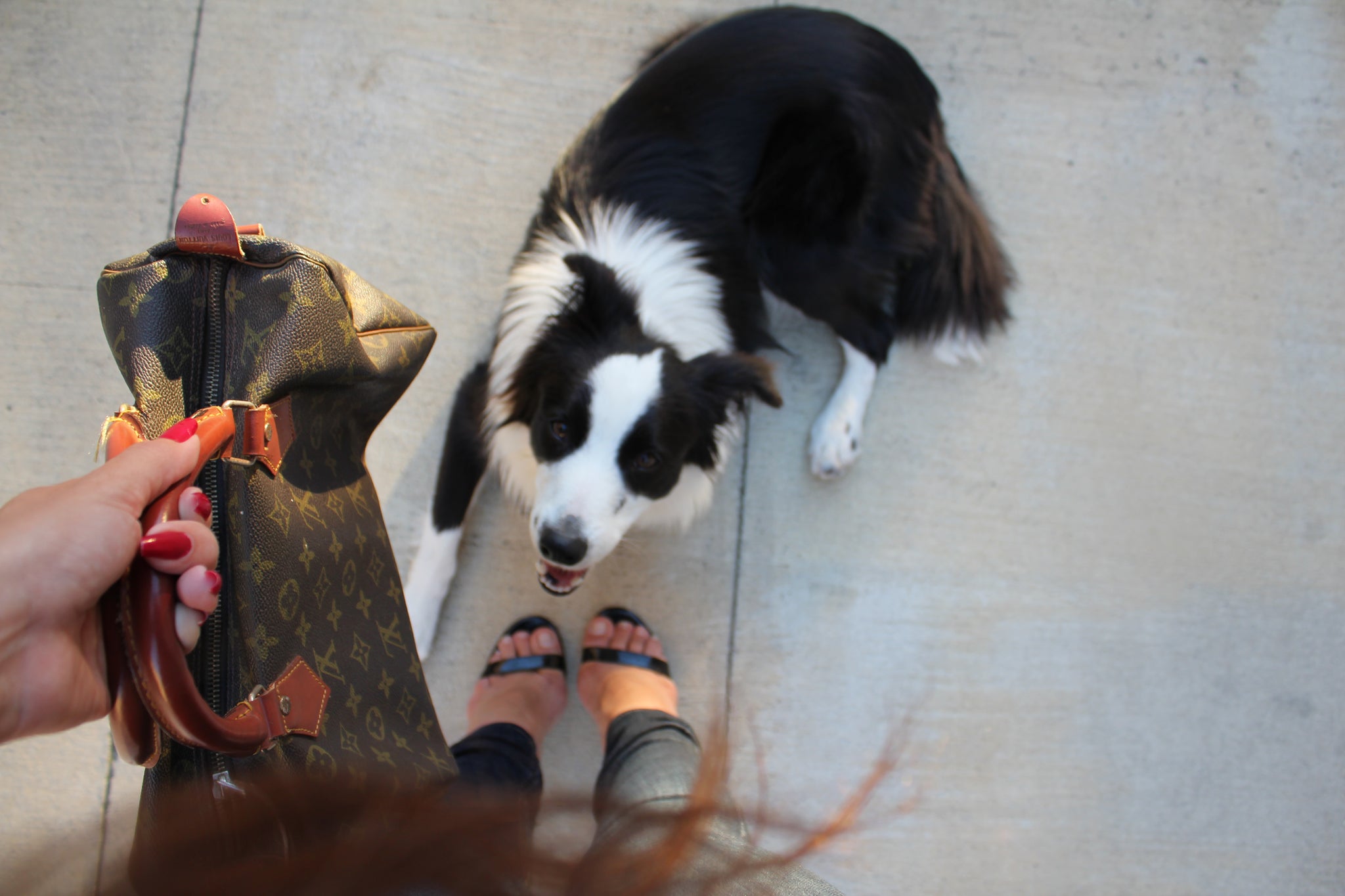How to Get Your Dog to Stop Barking at Strangers: Expert Advice for Pet Owners
Does your best dog friend announce the arrival of every visitor with a stirring, loud vocal performance? If even your doorbell's chime or a passerby sets off a barrage of barks, you're not alone. For many dogs, it’s only instinct that they protect their territory and alert others of the presence of strangers.
Training your dog to curb excessive barking can feel like an uphill task, but with the right methods, you too can achieve a peaceful environment.

Why Do Dogs Bark?
In order to train your dog not to bark, it's crucial to understand why they do it to begin with. Primarily, dogs bark at strangers for three reasons: territorial instincts, sheer excitement, or lack of socialization:
- Territorial Barking: Your dog might view passersby or visitors as potential threats to its domain. This protective behavior can be a nuisance, especially if your pet's vocal alerts disturb neighbors or scare guests.
- Excitement: Younger dogs, especially puppies, can get so thrilled at the sight of new faces that they express their joy through barking. Although it's heartwarming to see your dog's affectionate side, it's essential to manage this excitement to ensure it doesn't overwhelm or frighten others.
- Lack of Human Socialization: Dogs not exposed to various human interactions during their formative months might feel anxious around strangers. Rescue dogs, in particular, might have had limited human contact or even traumatic experiences, making them wary of new faces.

What Are the Best Ways To Train Your Dog Not To Bark?
Now that you know why your dogs bark at strangers, you can now tailor your approach to training them. Combined with your knowledge of your dog’s nature, you can now pick the training technique that will best help them keep their cool.
- The Quiet Method: Let your dog bark briefly, then gently say "Quiet" without shouting. When they go silent, reward them with treats. Continue to reward them whenever they are silent. With repetition, they'll associate the command with ceasing to bark.
- Distraction Method: Diverting your dog's attention can effectively stop them from barking. Anything from a clicker to a simple jangle of car keys can do the trick. Once you have their attention, you can follow up with a "sit" command and a treat.
- Preventative Measures: Instead of letting your dog get excited for strangers, you can prevent your dog from spotting them in the first place. Use blinds or curtains indoors at any window facing the street. For outdoor spaces, you can install fall fences with no gaps for them to peer through. You should also consider installing a pet door like the Endura Flap or Hale Pet Door to let your dog move freely without barking at outdoor triggers.
- Going to a “Spot”: Designate a specific spot for your dog to head to when guests arrive. This spot should be a distance from the entrance and not within its line of sight. With consistent training, your dog will learn to retreat to this area instead of barking.
- Diverting Attention in Public: If your dog starts barking during walks, change which direction you are walking and reward their silence with treats.
- Rewarding Successful Encounters: Encourage positive interactions with strangers. Invite friends over and let them offer treats to your dog. Frequent walks in various environments can also familiarize your dog with different people and reduce anxiety.

Best Practices
Exercise and engaging toys can prevent barking out of boredom. One of the best ways to reduce boredom in dogs is to give them frequent access outdoors through a pet door, such as the Dragon Pet Door for Doors or the High Tech Armor Flex Pet Door.
Remember, consistent training is the key. However, if the barking persists or shows signs of aggression, consult a professional dog trainer.
For more information on dog barking and behavior, check out these trusted resources:
With patience, understanding, and the right approach, you can ensure harmonious coexistence between your dog, your guests, and your neighbors.





